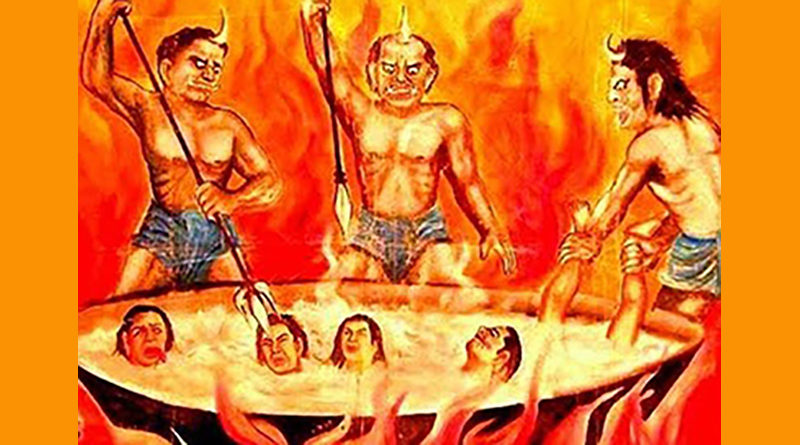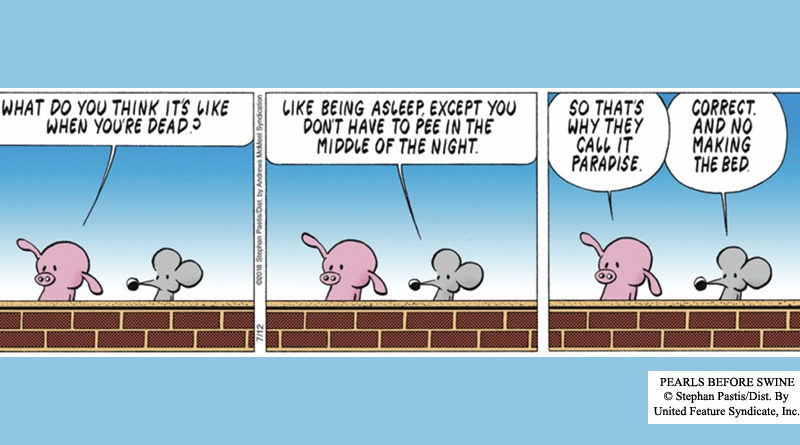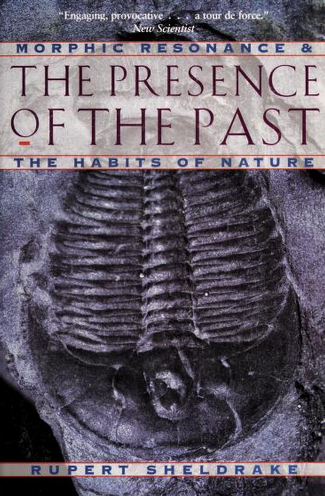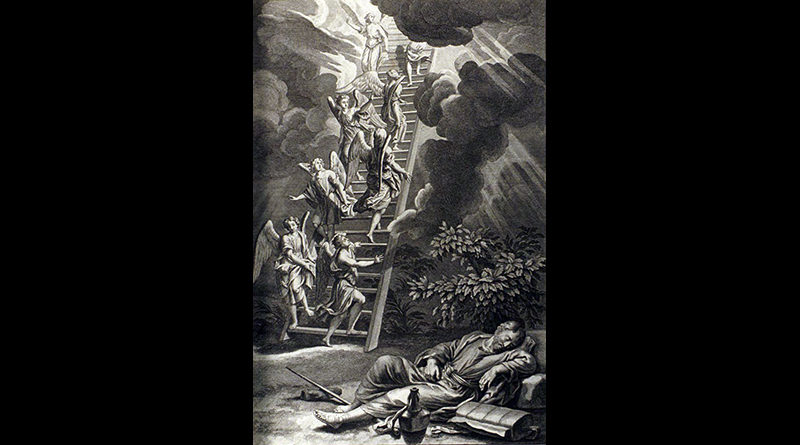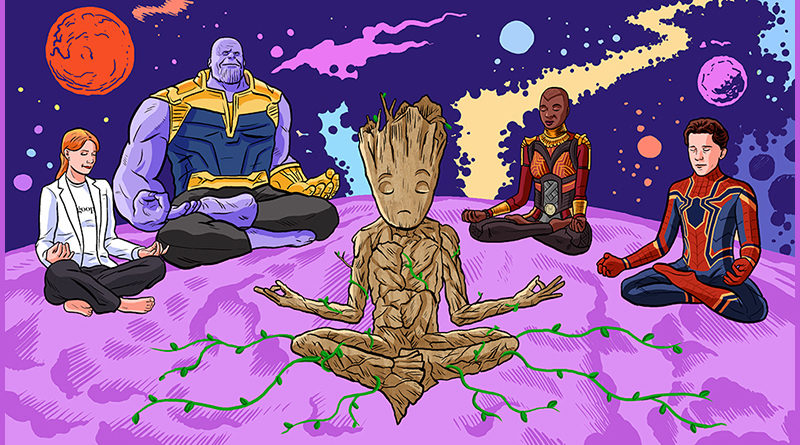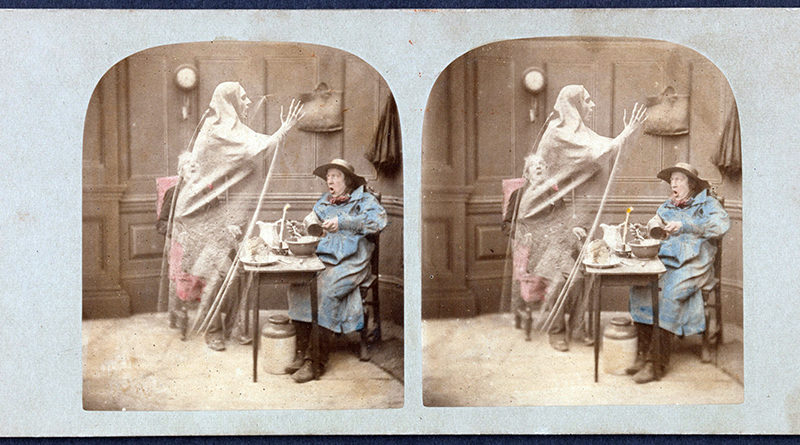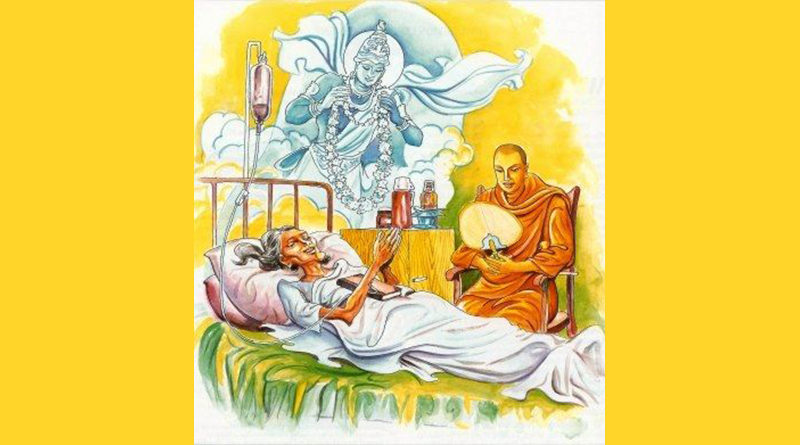The Tibetan Buddhist and Spiritualist Views of After-Death States
- “One factor that helps the soul achieve the freedom of conscious control and spiritual travel during the afterlife is acceptance of death. Those who have not accepted death will resist the process of dying and introduce conflict into the bardo stages. This is why it is important for people to take care of any unfinished business as they near death so they can let go of life completely.
- “In Brahmanical Hinduism, there is a stage of life called the forest dweller or vanaprastha stage in which the older individual who has finished raising a family is supposed to begin letting go of pleasures and attachments to life in preparation for death. However, in the West the goal is to keep spending money and maximize enjoyment up to the end of life. This makes it difficult for many to make a graceful transition into death. Intense attachment to the material world makes it difficult to do spiritual travel both during life and after death.
- “It also usually helps to have faith in something beyond the material world at the time of death. Those with a strong faith in Jesus or another religious figure will be more calm and relaxed as they enter the bardo realms. While the religious person can look forward to heaven at the time of death, the spiritual traveler who has been trying to do spiritual travel all his or her life can also look forward to death in certain respects. This is because the opportunity for exploration and spiritual travel will hopefully be greatly expanded after death when the physical body and its needs will no longer be a major distraction. Of course the areas the spiritual traveler wishes to explore are the heavenly areas and beyond, and in that sense, he or she has much in common with other more conventional religious people.
- “Both have a distinct advantage over the secular individual because they expect to enter into a positive afterlife (heaven), and expectations have great power in the inner worlds. This expectation combined with love and devotion towards some religious ideal can propel the religious individual towards a heavenly state just as the practice of spiritual travel does. The secular individual with no faith or expectation of heaven is more likely to flounder after death and get stuck in some intermediate gray area surrounded by thoughts and emotions from the past waiting for something to happen.
- “A brief mention of ethics is appropriate when discussing the state a person enters at death. In general, both the state of mind of a soul and the world it inhabits is presumed to be the result of its past thought patterns and actions (karma). Trauma and intense pain whether experienced by the soul, or inflicted on another during life will tend to fragment the self and make conscious control after death difficult. Violence, cruelty, and hatred expressed towards others in life will almost certainly have a limiting effect on the soul’s freedom both in the after death state and in subsequent existences. This is true even for souls who have become proficient in spiritual travel during their life. Unethical actions during life seem to separate the soul from the knowledge and wisdom attained while living, and leave it helpless to experience the results of its actions in the afterlife.
- “Interestingly enough, some of the Western ideas of heaven and hell can be accounted for by the Tibetan notion of the second bardo. The saint or righteous soul will find itself in places of bliss, happiness, and light based on the kinds of thoughts it was in a habit of thinking, while the evil person will lead an existence of fear, anger, and torment in the afterlife. However, the second bardo is a temporary transitional state that actually precedes the longer term experiences of heaven, hell, or rebirth in the physical world which can occur following the third bardo.
- “…The central conclusion of the data provided by the spiritualists and trance mediums is that dead people have scarcely more insight and wisdom in death than they had while alive. Such a proposition emphasizes the importance of learning spiritual skills such as spiritual travel while alive instead of hoping for spiritual redemption and transformation after death. Though the spiritualist’s view differs from Buddhism in the specifics, it supports the contention that people should not wait until death to begin learning since such a delay can result in a very limited and routine afterlife.”
